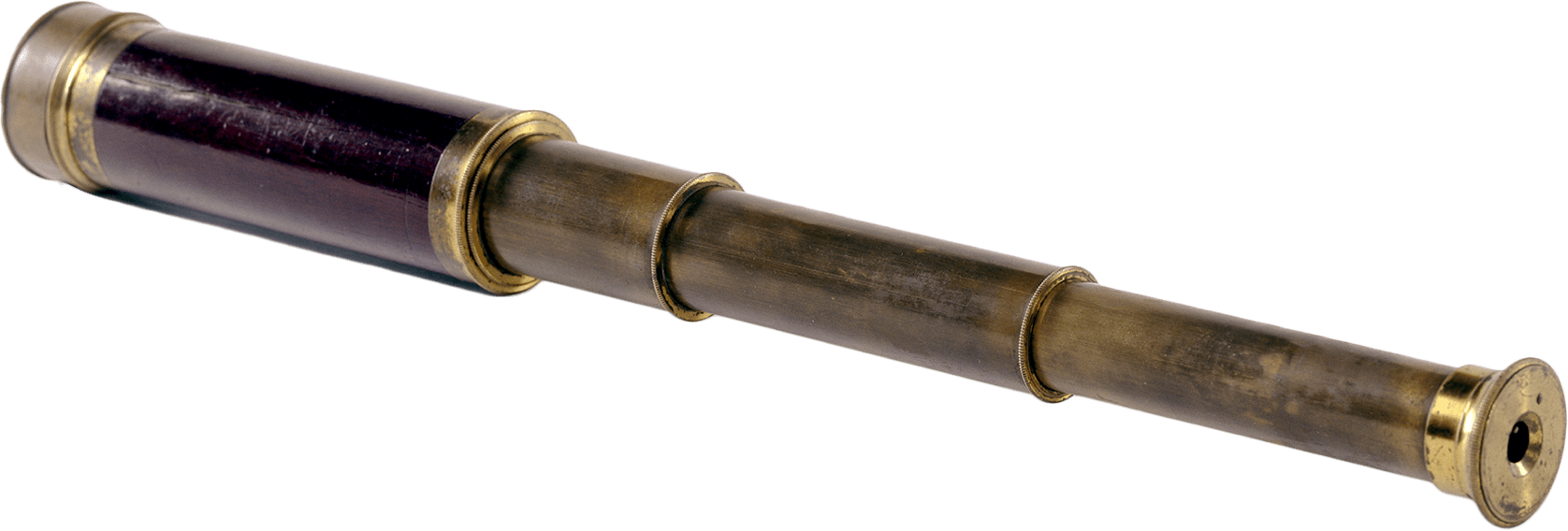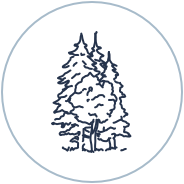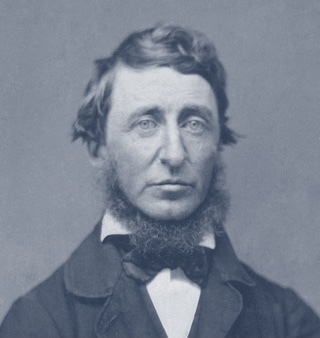with the naked eye, not through a lens.
It was after much internal debate
that he decided to spend $8.00
— a rare splurge—
on this spyglass in the spring of 1854.
He was delighted
with his enhanced ability
to study bird behaviors
and other natural phenomena.


